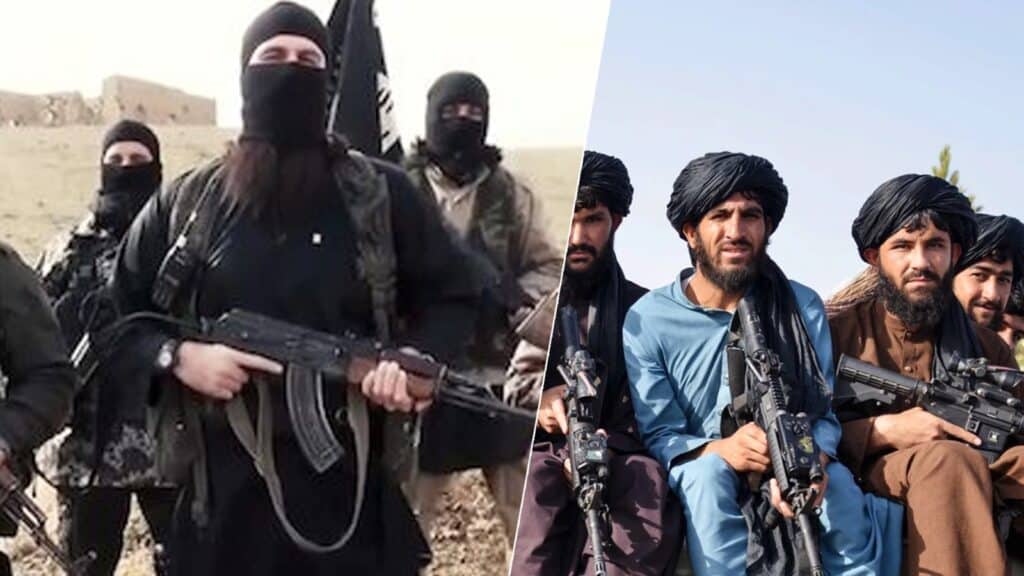As Afghanistan navigates the turbulent waters of political instability and global isolation, a new chapter is unfolding in the country’s fight against terrorism. Recent reports from the United Nations and international media highlight that the Taliban are intensifying operations against ISIS-K (Islamic State Khorasan Province) — but experts suggest this may be more than just a security campaign.
According to the sources, Taliban fighters have engaged in sustained counterterrorism operations in the country’s eastern and northeastern provinces, including Nangarhar, Kunar, and Badakhshan. These operations, often based on intelligence leads, have led to the neutralization of key ISIS operatives in recent weeks.
The Taliban’s Ministry of Interior recently announced the successful elimination of two high-profile ISIS members in Kunar province, calling it a “significant step toward the eradication of ISIS-K.” Officials urged citizens to cooperate with security forces and pledged to prevent any disruption to public order.
However, analysts and observers remain skeptical.
“The Taliban are clearly cracking down on ISIS,” says Bill Roggio, senior fellow at the Foundation for Defense of Democracies, “but their selective approach toward other extremist groups like the TTP, Turkistan Islamic Party, and Jamaat Ansarullah raises red flags about their true motives.”
While the Taliban seek to showcase their ability to maintain internal security, critics argue that a genuine commitment to counterterrorism cannot be selective. The group’s perceived tolerance—or strategic silence—towards certain extremist factions has left many questioning whether the recent operations against ISIS are part of a larger political play for international legitimacy.
In the wake of the U.S. withdrawal and ongoing diplomatic limbo, restoring credibility on the global stage has become essential for Taliban leadership. But experts warn that unless the group adopts a uniform stance against all forms of extremism, their actions may be viewed as superficial efforts rather than substantive reform.
“You can’t fight one group while quietly sheltering others and expect the world to believe in your transformation,” said one regional security expert.
As Taliban forces continue to clash with ISIS-K militants, the world watches closely — not just to see who wins the battlefield, but to assess whether the Taliban’s fight is about securing Afghanistan — or securing recognition.





